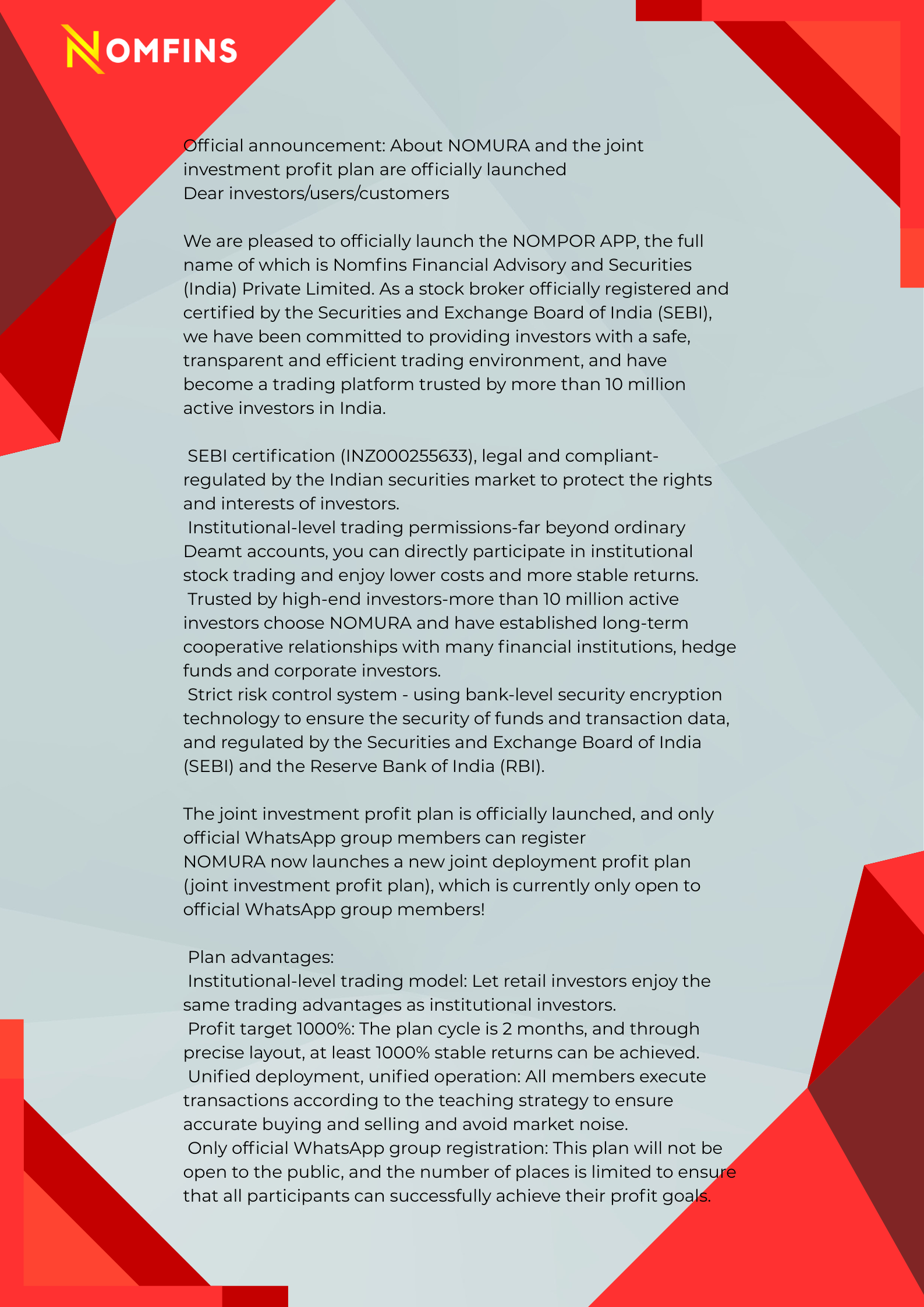Urban Growth and Demographic Shifts Drive Revolutionary Waste Recycling Opportunities
The global waste management landscape is undergoing a dramatic transformation, fueled by accelerating urbanization, diminishing landfill infrastructure, and increasingly stringent environmental regulations. These converging forces are creating unprecedented investment opportunities in advanced waste recycling technologies and circular economy solutions.
The Global Waste Crisis in Numbers
Current projections indicate that worldwide waste generation will surge from 2.2 billion tons in 2020 to an staggering 3.9 billion tons by 2050. While emerging economies with rapid population growth contribute significantly to this increase, developed nations like the United States continue to lead in per-capita waste generation, with this trend expected to intensify over the coming decades.
This exponential growth in waste volume is fundamentally challenging traditional disposal methods while simultaneously creating massive opportunities for innovative recycling and circular economy business models.
America’s Landfill Capacity Crunch
The United States faces a particularly acute infrastructure challenge that’s reshaping the entire waste management sector. The number of operational landfills has plummeted dramatically from approximately 6,500 facilities in the 1990s to just 1,800 today. This 72% reduction in capacity isn’t merely due to environmental policies but also reflects increasingly complex permitting processes and growing community resistance to new landfill development.
A compelling case study emerges from Long Island, New York, where all remaining landfills and waste-to-energy facilities face mandatory closure within the next five years. The proposed solution of shipping waste to Ohio represents an unsustainable and economically inefficient stopgap measure, highlighting the urgent need for innovative local solutions.
Smart Recycling Technology Revolution
The landfill capacity crisis is catalyzing breakthrough innovations in automated recycling systems. The most promising development involves “reverse vending machine” technology, which is poised to become mandatory across multiple U.S. states in the coming years.
Drawing inspiration from Germany’s successful implementation, these sophisticated systems allow consumers to return plastic bottles to supermarkets through automated machines that provide instant reimbursement. The technology’s intelligence extends beyond simple collection – machines can scan barcodes to identify plastic types, offering different payout rates based on material quality. PVC bottles receive lower credits while high-grade PET containers command premium rates.
These systems incorporate integrated shredding mechanisms to maximize storage efficiency and reduce transportation costs. European retailers are pioneering additional incentive structures by connecting recycling activities to fuel reward programs and grocery discounts, while integrating digital payment platforms like PayPal for seamless transactions.
Extended Producer Responsibility Framework
The Extended Producer Responsibility (EPR) regulatory framework is emerging as a fundamental driver of industry transformation. Under EPR systems, manufacturers bear full lifecycle responsibility for their products’ environmental impact, particularly regarding take-back programs, recycling processes, and end-of-life disposal.
The European Union’s forthcoming Packaging Regulation, scheduled for implementation in late 2024, establishes enhanced obligations including mandatory recycling targets and strict packaging efficiency requirements. Notably, the regulation limits void space in packaging to 40% to prevent wasteful oversized containers for small items.
While the United States currently operates under a state-led approach with only six states maintaining active EPR legislation, industry experts anticipate rapid expansion of these requirements across additional jurisdictions in the near term.
Investment Landscape and Market Dynamics
Despite favorable regulatory tailwinds, institutional investors remain cautious about backing new market entrants, citing competitive advantages held by established waste management companies with existing supply chain infrastructure. However, significant opportunities exist in securing long-term offtake agreements, particularly 12-year minimum contracts with petrochemical companies seeking reliable recycled material streams.
The critical challenge facing the sector involves scaling validation from pilot projects handling 10 tons of material to commercial operations processing 400 tons. This scaling paradox is particularly evident in the petroleum sector, where major oil and gas companies demonstrate willingness to pay premium prices but cannot secure the volumes they require.
Municipal Partnerships as Market Catalysts
Industry leaders identify municipal engagement as the key inflection point for market development. The breakthrough moment occurs when major municipalities acknowledge their waste management challenges and recognize that traditional waste management companies lack incentives to pursue transformative solutions due to existing business model constraints.
Success requires municipalities to embrace new partnerships with innovative technology providers who can deliver scalable solutions that incumbent players cannot or will not pursue.
Consumer Behavior Modification Strategies
Research conducted by The Recycling Partnership reveals that consumer behavior change can only be achieved through two mechanisms: financial incentives or social pressure. Consumers must either receive monetary rewards, face penalties, or experience social stigma for non-participation in recycling programs.
A pilot program in Houston demonstrates the effectiveness of simplification strategies, where residents are asked to place all plastic bottles together with other plastics in a single recyclable bag. Early results from this streamlined approach show promising improvements in participation rates.
Environmental and Economic Benefits
Diverting organic waste and recyclable materials from landfills generates multiple benefits including reduced carbon emissions, decreased energy consumption, and conservation of natural resources. These environmental improvements translate directly into economic advantages for waste management companies through reduced labor costs and higher-quality recyclable commodity outputs.
Future Outlook
The convergence of landfill capacity constraints, expanding EPR regulations, and advancing recycling technologies positions the waste recycling sector for unprecedented growth. Success will belong to organizations that can effectively integrate cutting-edge technology with consumer behavior modification strategies while building collaborative relationships with municipal authorities and regulatory bodies.
The transformation of waste from a disposal problem into a valuable resource stream represents one of the most significant business opportunities of the circular economy transition.

